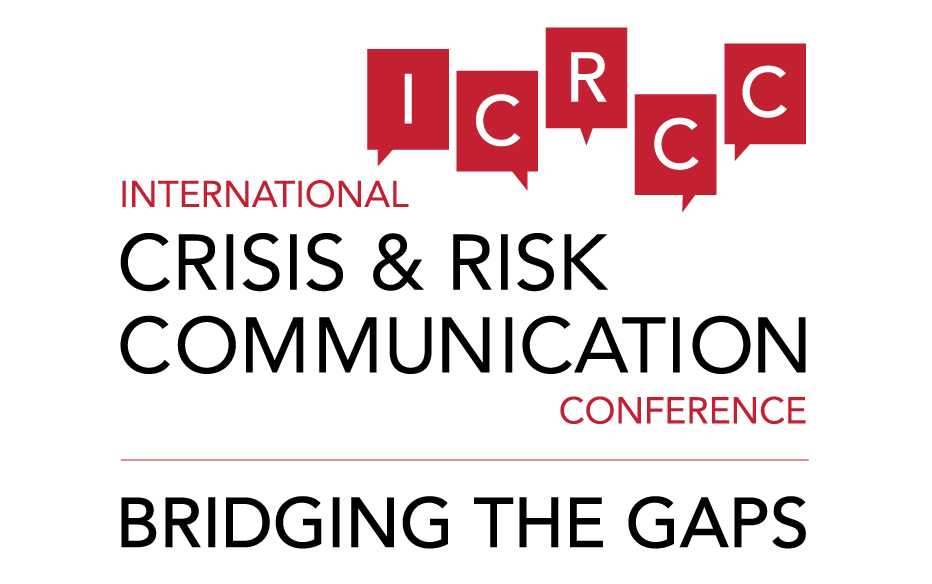
Professor
University of Georgia
USA
Yan Jin, Ph.D., is the Georgia Athletic Association Professor in Grady College of Journalism and Mass Communication and the Assistant Department Head of Advertising and Public Relations at the University of Georgia (UGA). She is also the Associate Director of UGA’s Center for Health & Risk Communication. Her primary research programs are in the areas of crisis communication and strategic health risk communication. She has authored over 80 peer-reviewed journal articles and is a member of the editorial board of Communication Research, Public Relations Review, Journal of Public Relations Research, and Journal of International Crisis and Risk Communication Research, etc.
“True or false: How parents decide to seek, vet, or share infectious disease outbreak information”
During the first nine months of 2019, there were 1,261 confirmed cases of measles in the United States. The infectious disease spread to 31 states, representing the greatest number of cases reported in the United States since 1992. According to the Centers for Disease Control and Prevention, the measles are more likely to spread in communities that have groups of people who are unvaccinated. Rumors of negative vaccine fears have become salient to the public and shared frequently, creating an overexaggeration of the potential negative side effects. Preventative medicine scholars suggest that more accurate vaccine coverage, evidence-based media coverage, and social media be used in combination to combat misinformation surrounding vaccines. This presentation will address how parents The present study surveys parents of children ages 10 or younger to explore how vet information regarding a potential measles outbreak and other potential infectious disease outbreaks. The presentation will also offer insight into the characteristics of those people who are more likely to share, seek, or vet information which can inform public health communicators’ and health organizations’ strategies regarding infectious disease risk communication.
“Advancing Crisis Communication Effectiveness: Integrating Crisis Communication and Social Media Scholarship with Practice”
Social media are dominant channels for organizations and citizens to share disaster information. Yet, there remain critical information gaps. This presentation synthesizes academic and grey literature to better integrate scholarship and practice. In doing so, the authors provide a solid foundation for advancing crisis communication effectiveness in the digital age.


